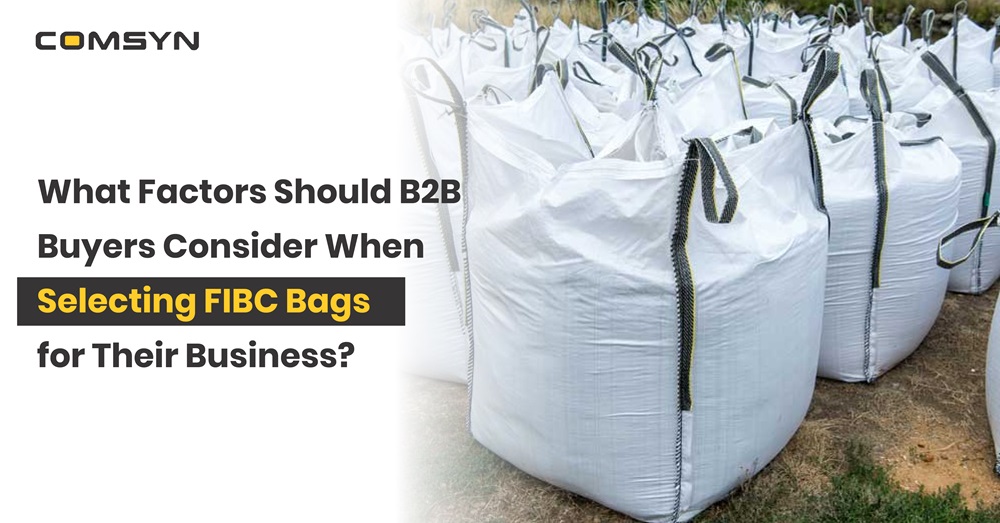When it comes to bulk transportation and storage in industries such as agriculture, chemicals, pharmaceuticals, and construction, Flexible Intermediate Bulk Containers (FIBC) bags have emerged as a go-to solution for B2B buyers. However, with a multitude of options available on the market, selecting the right FIBC bags for your business requires careful consideration of several factors. From material specifications to design features, B2B buyers must navigate through various options to ensure they make the best choice to meet their specific needs and requirements. FIBC bags are renowned for their versatility, catering to a wide range of industries and applications. Whether it’s transporting granular materials, powders, chemicals, or agricultural products, they can be customized to suit specific requirements, whether it’s transporting powders, granules, or liquids. FIBC bags come in various sizes, capacities, and configurations, making them adaptable to different industries and products. Their flexibility allows for easy handling and storage, while their robust construction ensures the safe transportation of goods, even in challenging environments. Selecting the right FIBC bags is a critical decision for B2B buyers, impacting operational efficiency, product integrity, and cost-effectiveness. By considering factors such as capacity, material composition, design features, and supplier reliability, businesses can ensure they choose FIBC bags that meet their specific needs and requirements, unlocking efficiency and driving success in their operations.What Factors Should B2B Buyers Consider When Selecting FIBC Bags for Their Business?

Versatility of FIBC Bags
Factors to Consider When Selecting FIBC Bags For Your Businesses
Advantages of FIBC Bags in Businesses
To Sum Up
What Factors Should B2B Buyers Consider When Selecting FIBC Bags for Their Business?


